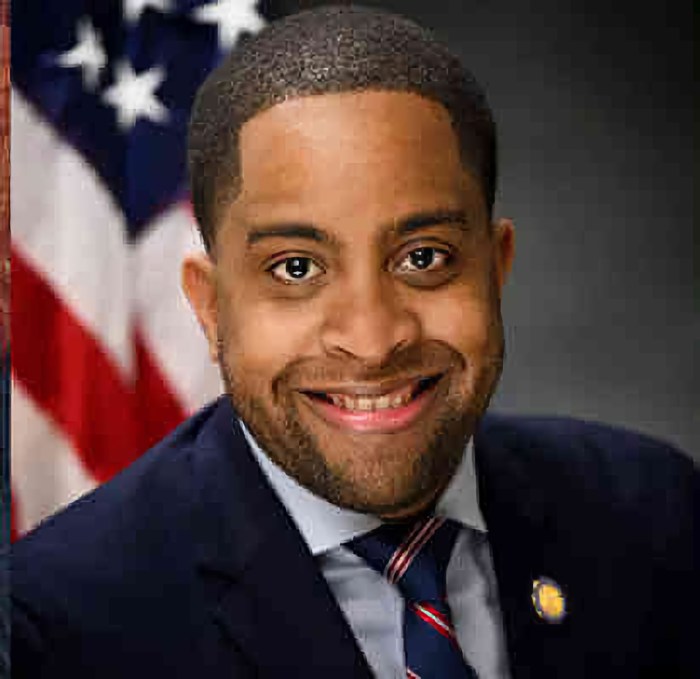The union representing 2,300 striking OC Transpo employees is attempting to reach out to city councillors to clear up what they see as a misconception regarding driver scheduling.
Union scheduling representatives Craig Watson and Farhad Abesteh are hoping to address city council today in an effort to remove scheduling as an obstacle for reaching a settlement.
However, the city’s procedural bylaw dictates that oral submissions must be made to committees and not at city council meetings.
Regardless, Watson said they intend to attend the meeting. He said it is important that people understand drivers are not controlling the bus schedule.
Management schedules all the routes, then drivers pick the shifts available on that schedule by seniority, which is the standard in the industry.
“In any field that has to do with transportation — school bus drivers, pilots, everybody — selects shifts by seniority, but the work is always put together by management,” Watson said.
Under the current system, no driver can be forced to work longer outside a 12-hour window. Watson said there are some exceptions, made in 1999 in exchange for an incentive.
The new offer would take that away and could result in drivers working a 16-hour spread, but only be paid for their time behind the wheel.
The main issue for drivers, though, is more about recovery time than assigning shifts.
Recovery time is the time at the end of a route left for a driver to get back on schedule, or go to the washroom or just stand up.
Watson said the union was asking for 10 per cent recovery time, which would mean a six-minute recovery time for an hour-long run.
The city, he said, was only offering five per cent.
“To save as much money as possible, they don’t want you to ever get out of the seat,” said Watson. “From the minute we go to work to the minute we finish, they want complete control over us, is the way it comes out.”
The extra time would keep the system running on schedule, Watson said.
“Drivers get a lot of stress from passengers when we’re late. This was a way of making sure service is on time,” he said. “We don’t want people yelling at us.”
















